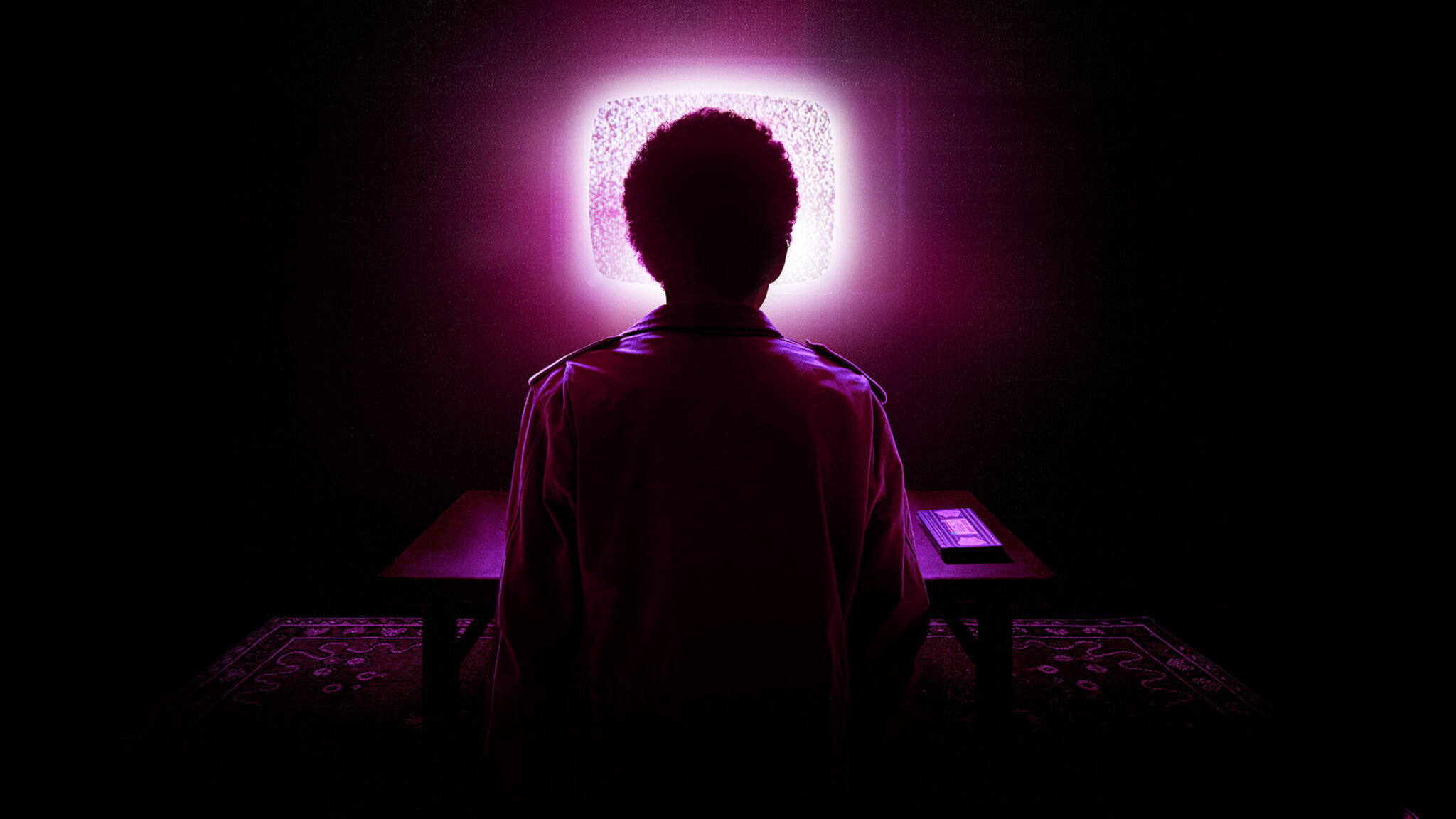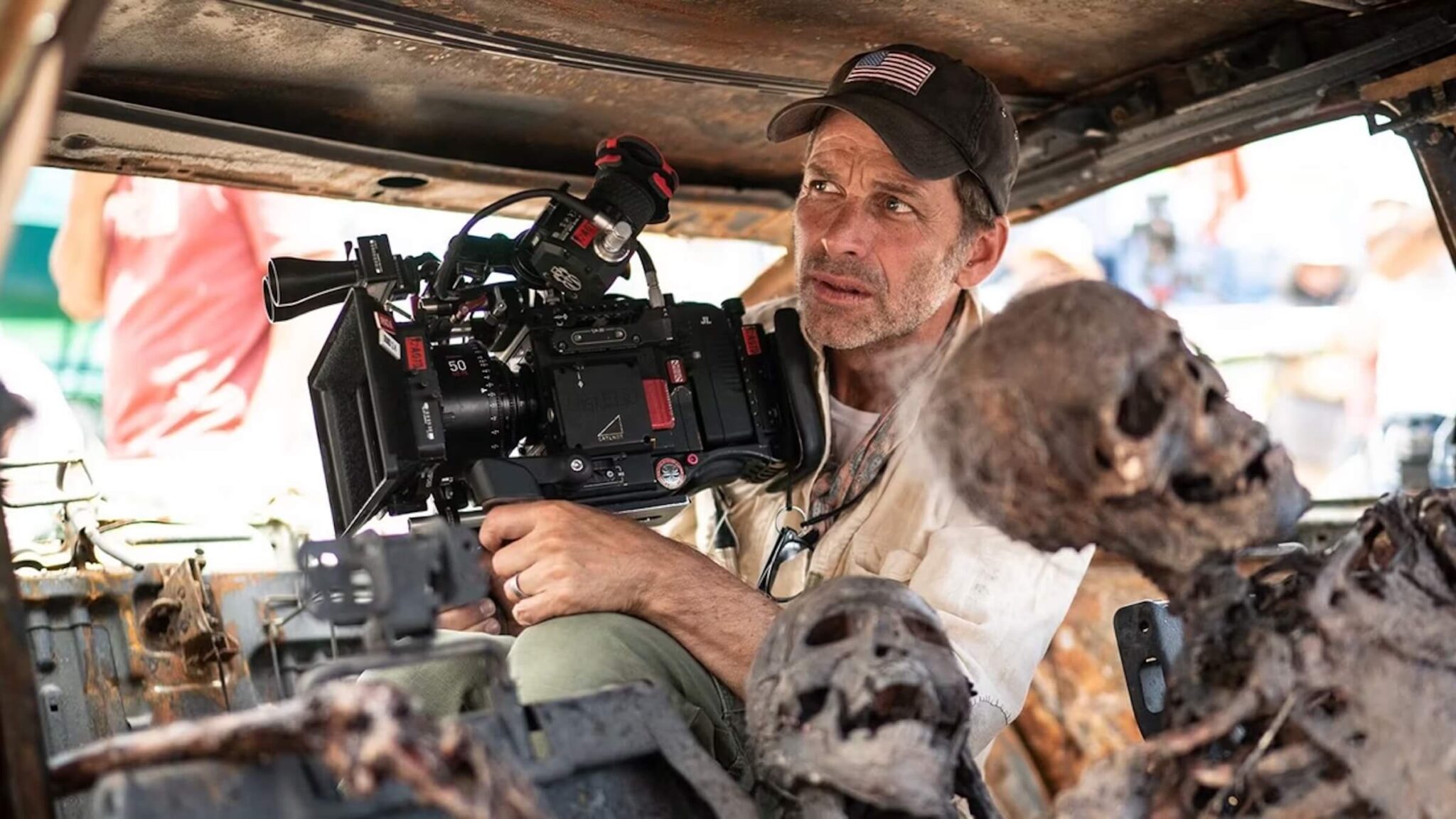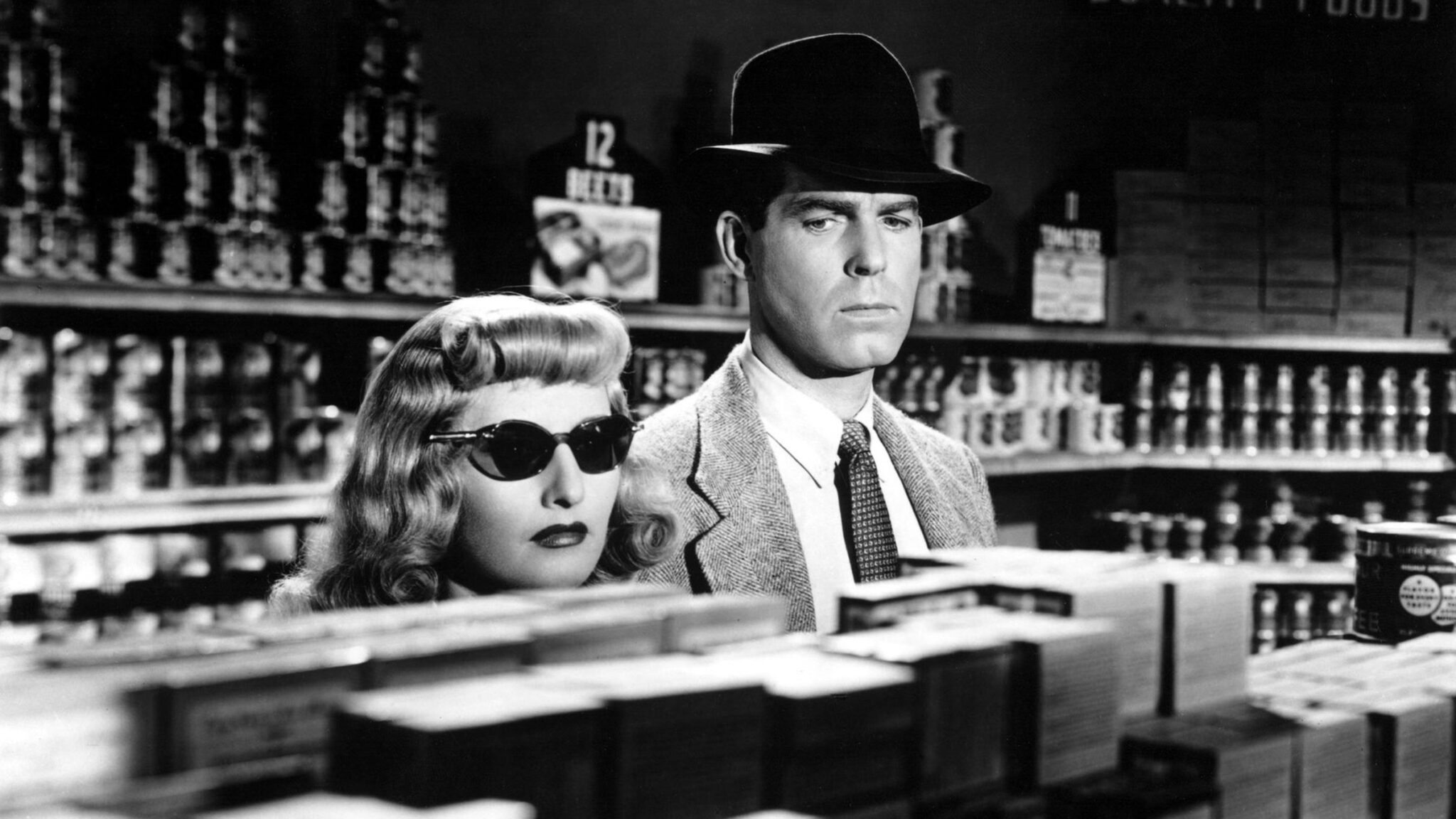
Are there any creative games that screenwriters can play to help build their screenwriting skills?
Writing doesn't always have to be the process-intensive job it usually ends up being. As screenwriters, we tend to put everything on the screenwriting process to help build our confidence, skillset, and cinematic storytelling abilities. We're used to:
- Developing the script.
- Writing the script.
- Rewriting the script.
- Marketing the script.
- Rewriting the script after notes and feedback are received.
That is the intensive step-by-step process all screenwriters live by, and anything you learn along the way is applied to your growth as a screenwriter.
But there are some fun and creative ways to hone your cinematic storytelling skills and abilities beyond just writing screenplays. With that in mind, here we present three fun and simple storytelling games you can "play" to flex those creative muscles and get those imaginative juices flowing.
These games will help you think outside of the box and develop faster writing reflexes that you need when you're under a feature film script contract or in a series writers' room.
Have fun!
Turn a Favorite Supporting Character into the Lead
- What if Samwise Gamgee from Lord of the Rings had his own adventure?
- Where did Zed from Pulp Fiction come from? What's his story? Even better — what's the Gimp's story?
- What happens to Floyd (Brad Pitt) from True Romance after the events of the film?
- What if Happy from the MCU had his own show? What would it be?
- What was the origin story of Red from The Shawshank Redemption? Who did he murder? How was he caught?
There are two ways you can play this game.
- The first — and easiest — is taking a minor character from your own project and conceptualizing a new story with them in the lead.
- The second — and most fun and challenging — is taking a minor character from a popular book, movie, or television series and creating a new story with them as the featured character.
If you want to keep it simple, just write a page synopsis of the story. If you want to challenge yourself even more, write a short screenplay version of whatever story you come up with.
It has to be compelling and engaging, though. It can't be an extra scene or moment from that book, movie, or television series. You need to develop a story with that character as the lead protagonist.

What does this writing game do for you?
- It develops your conceptualization skills, character creation abilities, and assignment capabilities.
- Helps you to be able to create an original concept for a character that you didn't create while embracing the mythos of the source material.
- Finds ways to make an otherwise forgettable character interesting by creating depth and arc.
- Teaches you how to tackle an assignment with intellectual property that isn't yours.
Create "Choose Your Own Adventure" Story and Character Options — And Explore Each
In Choose Your Own Adventure books, the stories are formatted so that after a few pages of reading, the protagonist/reader faces two or three options. Each of those options leads to additional possibilities, which, in turn, lead to one of many endings.
The story branches in different directions based on the choices made by the protagonist/reader. And these choices lead to different twists, turns, challenges, and scenarios.
As you're developing your next script, play a little "Choose Your Own Adventure" game by outlining three choices your characters can make. And then explore each option with a brief synopsis of the effects of each choice — and the consequences.
You can also look at your favorite movies and create a couple of different choices the characters could have made along the way, leading to varied effects and consequences.
That's what screenwriting is at heart — the result of choices that screenwriters make after imagining the results of many different possibilities. The choices that are made create the character and story arcs of the screenplay. And those arcs encompass what the script is about, the tone, the atmosphere, the genre, etc.
You can also take this approach while you're writing a script.
So, every few pages of your script, write your protagonist(s) into situations where they need to make a decision.

They can physically or metaphorically go:
- Left
- Right
- Forwards
- Backward
- Off the beaten path
You can then do your due diligence to explore all options before choosing, asking yourself:
- What best fits the type of story I want to tell?
- What best fits the genre I have decided to write within?
- What best fits the protagonist(s) I want the audience to know?
Write a Sequel to Your Favorite Movies
Much like the game of making your favorite supporting character from a favorite movie the lead in their own story, conceptualizing a sequel to an existing film can be a fun way to train yourself to explore intellectual property (IP).
Hollywood is obsessed with intellectual property. Why? They believe that existing fanbases make for a less risky business decision. That's why we see so many adaptations, sequels, reboots, remakes, and spin-offs. Audiences also love the familiar. So the ability to take a familiar IP and create a follow-up story is not only a great exercise to sharpen your skills, but it's also grooming you to be able to handle writing assignments as a professional screenwriter.
- What would the story be for Parasite 2?
- How would you have handled a sequel to Get Out?
- If you had been hired to write the next Indiana Jones movie, what would your MacGuffin and story have been?
You hate sequels and think that's the problem with Hollywood — they make too many? Take yourself and the business less seriously and just have fun coming up with the best sequel you could possibly imagine.
You can do it by writing a synopsis, treatment, or outline — or if you're looking for a break from writing specs and want to exercise your IP talents to the extreme, write the whole script. It's not something you can sell. However, it may be something to keep in your back pocket as a writing sample.
Bonus Game: Create a Roleplaying Game Campaign (RPG)
A dungeon or game master is the game organizer and participant in charge of creating the details and challenges of a given RPG adventure (campaign) while maintaining a realistic continuity of events. DMs and GMs are the authors, directors, and referees. They create a world from scratch and spin it into a narrative. But they must also possess an ordered, logical mind, capable of recalling and understanding RPG rules. Basically, they control all aspects of the game — except for the actions of the player characters (PCs) — and describe to the players what they see and hear.
That last part may sound familiar to you screenwriters. Dungeon and game masters are storytellers, just like screenwriters.
While many consider role-playing games like Dungeons and Dragons and Star Wars best left to geeks and nerds (common stereotypes), it's actually a fun way to train your storytelling skills -- just ask Dan Harmon who literally created a half live action, half animated show out of him and his friends playing an RPG in front of a live audience.
Either find a group of RPG enthusiasts or, better yet, team up with a group of fellow screenwriters and start a campaign together. You can even each take turns being the DM/GM. All that you really need to invest in is paper, pencils, some dice, and a beginner's edition of whatever RPG platform you can find.
Ken Miyamoto has worked in the film industry for nearly two decades, most notably as a studio liaison for Sony Studios and then as a script reader and story analyst for Sony Pictures.
He has many studio meetings under his belt as a produced screenwriter, meeting with the likes of Sony, Dreamworks, Universal, Disney, Warner Brothers, as well as many production and management companies. He has had a previous development deal with Lionsgate, as well as multiple writing assignments, including the produced miniseries Blackout, starring Anne Heche, Sean Patrick Flanery, Billy Zane, James Brolin, Haylie Duff, Brian Bloom, Eric La Salle, and Bruce Boxleitner, the feature thriller Hunter's Creed starring Duane "Dog the Bounty Hunter" Chapman, Wesley Truman Daniel, Mickey O'Sullivan, John Victor Allen, and James Errico, as well as produced and upcoming Lifetime suspense thrillers. Follow Ken on Twitter @KenMovies
For all the latest ScreenCraft news and updates, follow us on Twitter, Facebook, and Instagram.
Get Our Screenwriting Newsletter!
Get weekly writing inspiration delivered to your inbox - including industry news, popular articles, and more!




























